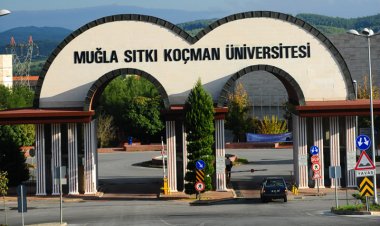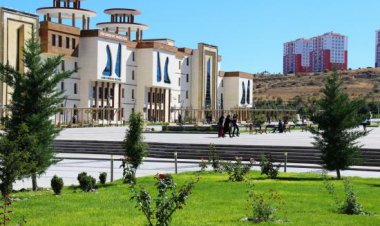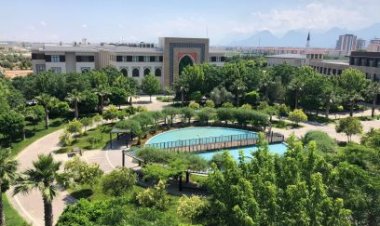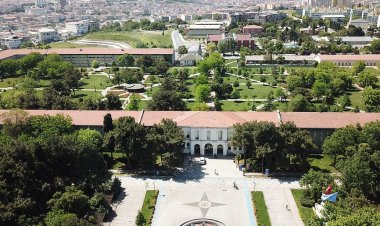Search for heavy, long-lived, charged particles with large ionisation energy loss in pp collisions at root s=13 TeV using the ATLAS experiment and the full Run 2 dataset
Search for heavy, long-lived, charged particles with large ionisation energy loss in pp collisions at root s=13 TeV using the ATLAS experiment and the full Run 2 dataset

Search for heavy, long-lived, charged particles with large ionisation energy loss in pp collisions at root s=13 TeV using the ATLAS experiment and the full Run 2 dataset Çetin, Serkant Ali This paper presents a search for hypothetical massive, charged, long-lived particles with the ATLAS detector at the LHC using an integrated luminosity of 139 fb(-1) of proton-proton collisions at root s = 13 TeV. These particles are expected to move significantly slower than the speed of light and should be identifiable by their high transverse momenta and anomalously large specific ionisation losses, dE/dx.
Trajectories reconstructed solely by the inner tracking system and a dE/dx measurement in the pixel detector layers provide sensitivity to particles with lifetimes down to O(1) ns with a mass, measured using the Bethe-Bloch relation, ranging from 100 GeV to 3 TeV. Interpretations for pair-production of R-hadrons, charginos and staus in scenarios of supersymmetry compatible with these particles being long-lived are presented, with mass limits extending considerably beyond those from previous searches in broad ranges of lifetime.

 Bilgi
Bilgi 















